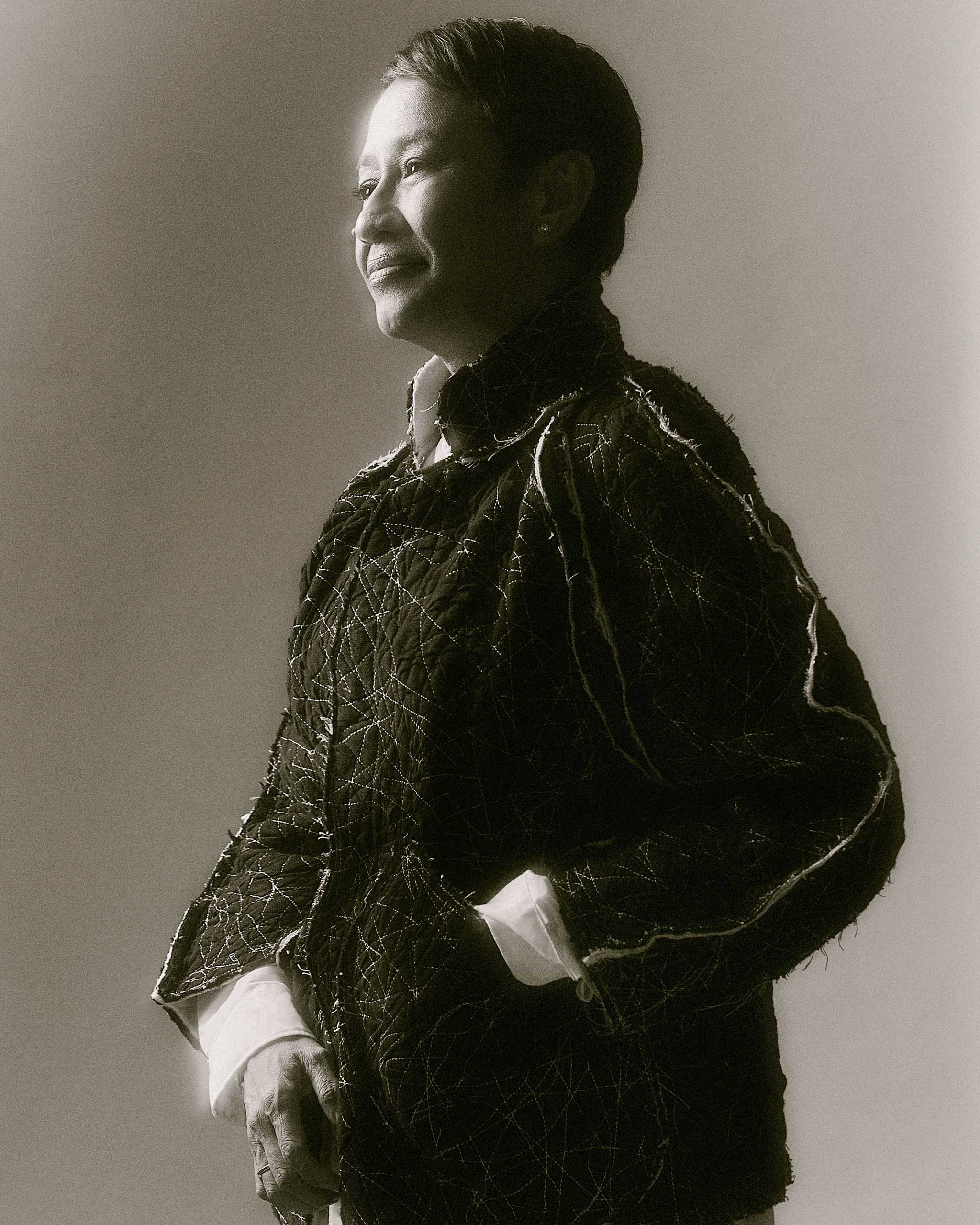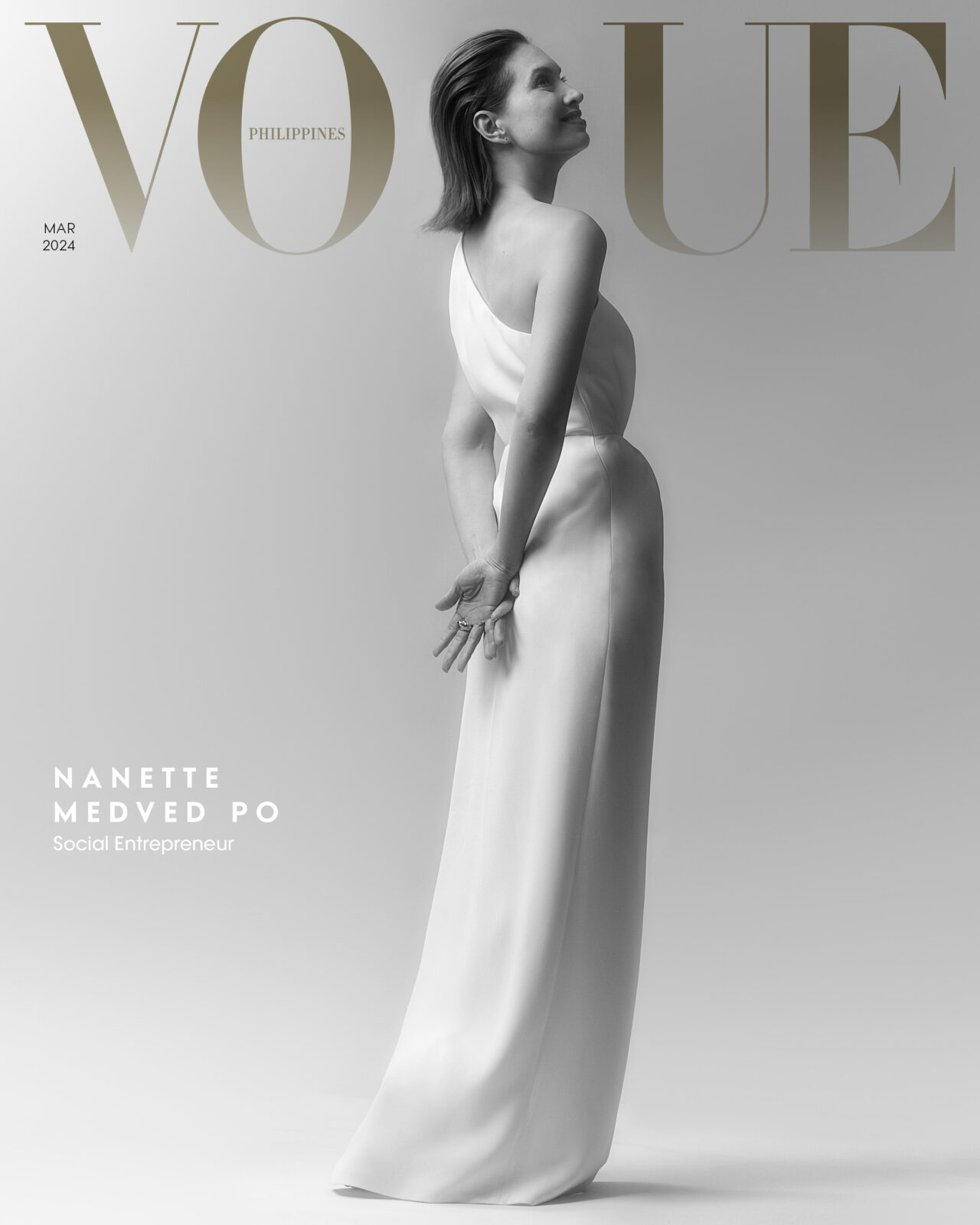Photographed by Colin Dancel for the March 2024 Issue of Vogue Philippines
Maria Ressa tells shows us how the right path is actually the easier path, whether dealing with strongmen who rule nations or tech overlords who rule the net.
Maria Ressa appears in Vogue Philippines’ March 2024 issue, themed “Raising Hope” in the spirit of International Women’s Month. Visit vogue.ph everyday this month for daily features on inspiring women, as nominated by the people whose lives they’ve changed.
Maria Ressa tends to doomsay with a smile, predicting the destruction of democracy almost warmly, so that, I suppose, she doesn’t come off as alarmist. But she’s absolutely serious and is armed with the data to back it up. With frantically little time, she’s preparing to give another round of cautionary talks and interviews on the future of the newsroom, the integrity of elections, and the shattering of the information system, jetting across the world from North Carolina to Johannesburg to Munich.
“I’m like Chicken Little, the sky is falling,” she laughs, her hands in the air. But people are listening, more so since she was awarded the Nobel Peace Prize in 2021, and that’s why she’s invited to all these conferences and why she’s been tasked to co-lead an innovation lab at Columbia University’s new Institute of Global Politics, studying the impact of AI on democracies.
“This is the year that will test whether journalism will survive the business of it,” she says, outlining how traffic to news sites have been significantly constricted by Facebook and other major social platforms in the last year. She tells me the next big threat is generative AI search, which could very well stop referring traffic back to media sites like ours, “in which case your audience will die…Did I just give you Armageddon?” She smiles.
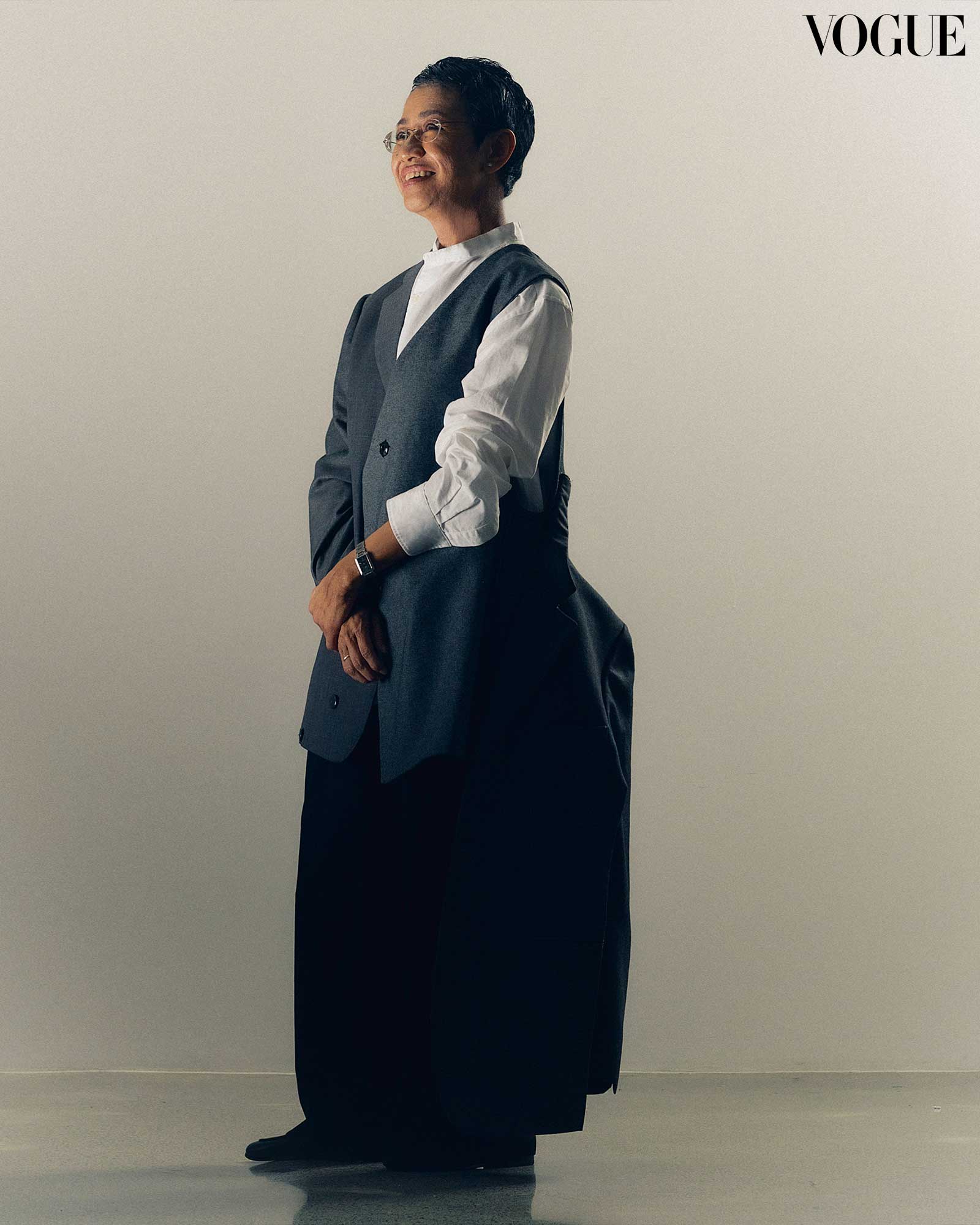
The lighthouse across the dark seas is, of course, Rappler, the once-scrappy, women-led digital news site launched in 2011 that is turning out to be an experiment on the future of global news. Rappler has entered its fifth year of profitability, despite the fiery slings and arrows hurled at Rappler and Ressa personally over the course of the Duterte administration. She details all this in her book How To Stand Up to a Dictator, where she looks back at her growing up years and tracks how the various choices she made built up an unwavering moral compass that guides her to this day.
“At the time, people were asking, ‘How do you have courage to stand up against Duterte?’ That was a very difficult question to answer because I didn’t even think it was courage. It comes down to your values,” she says, and so she starts at the beginning. People may not know much about Ressa’s turbulent early childhood, that after her father died when she was very young, her mother moved to the US, leaving Maria and her sister to be raised by their grandmother. When Maria was 10, her mother came back and “kidnapped” them, taking them to the States to live with her new husband, an Italian-American man named Peter Ressa.
Enrolled in the Toms River, New Jersey public school system, Maria flourished under caring teachers who saw her potential. Nerdy, sporty, and musically-inclined, she was an overachiever in all respects. But the immigrant kid had her share of adjustment issues. The first defining incident she recounts was being invited to a “pajama party” in the third grade. She and her mother naturally assumed it was a party where you wore your pajamas. As they drove up to her friend’s house, Maria decked in her PJs, she saw that not a single one of her classmates was in their pajamas. They all stared at her. Reading this part (or listening to Ressa narrate the audiobook, actually) I could feel the terror of this young girl who just wanted to turn back home. But Maria, despite being in near tears, stepped out of the car, and her friend gently took her hand to go change.
Ressa has been facing terrors of increasing greatness ever since. She faced down bullies and stood up to injustices in the classroom. After Princeton, she returned to the Philippines on a Fulbright scholarship—to study theater—and fell into journalism the way one falls in love, immediately and resolutely. From the moment she set foot in a newsroom, she started producing news programs and shaking things up at the station. Invited by Cheche Lazaro, she chose to join the Probe team instead of going back to the States with her boyfriend. Soon after, she worked for CNN as a breaking news reporter and eventual bureau chief, staying there for 17 years before being asked to run the news and current affairs division of ABS-CBN in 2005. She worked for the Lopez-owned company until a situation emerged that she refused to compromise on.
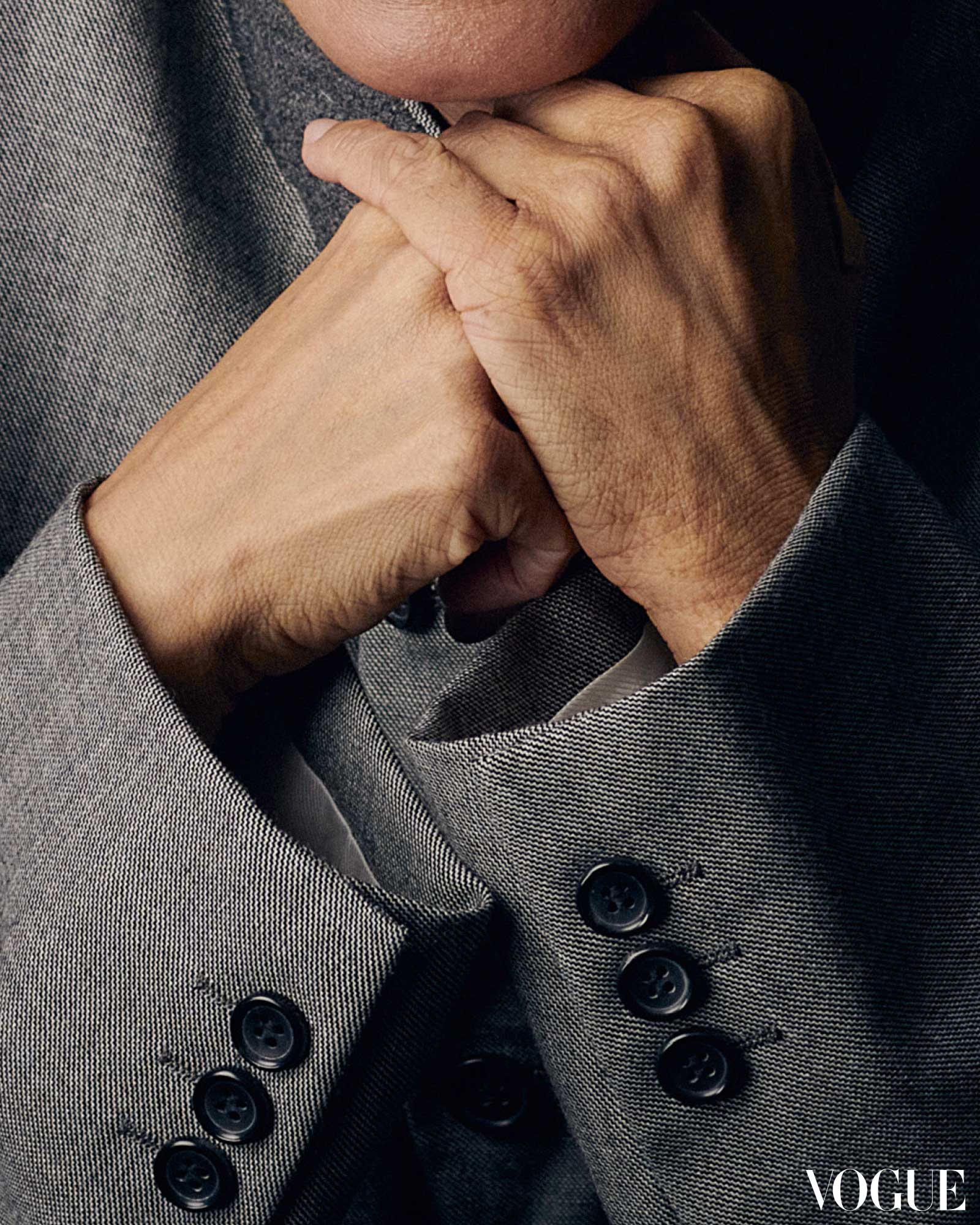
“The entire book was to try to explain how these lines you define when you’re much younger actually lead to the person you become, and how these values are transcended, and how they create your actions in the future,” Ressa says. “I had to figure out who I was and why it was important to stand up, now.” She shares an episode that didn’t make it to the book—when she had just moved to Jakarta and was offered a large bribe by someone she knew to publish a particular story. She did think about it, because if she did take the money, it would pay off all her student loans. “But if I did, I wouldn’t be able to look myself in the mirror. And that was a tipping point. You asked if it is hard—I think the more you do the right thing, the easier your path becomes. How did corruption become endemic in the Philippines? Because it became normalized.”
The Nobel laureate holds fast to the belief that the good can and will overcome. Throughout the lawsuits, arrests, and a cyberlibel conviction, Ressa stood her ground. Held the line. Couraged on. The 11 criminal charges have been reduced to two. She has admitted that the fear is slowly lifting: “If we were in Hell, now we’re in Purgatory.”
While many news organizations have been shutting down or announcing massive layoffs, Rappler continues to make larger ripples. Around 2018, Rappler was losing advertisers because of all the lawsuits, so they pivoted to a diversified business model, which now puts them in a better position than newsgroups that rely on advertising. Rappler is as much a tech company as it is a news site. This means that the company invests in innovation and leverages its database on disinformation networks by offering data forensics services to client companies.
“The more you do the right thing, the easier your path becomes“
Along with journalism and technology, community is the third pillar holding Rappler up. Last December, they rolled out Rappler Communities, an app described as a digital town square based on facts. Unlike the algorithm-driven feeds of social networks that can send you spiraling down a rabbit hole of lies, conspiracy theories, and inflammatory content, users can choose the Community chat rooms that are aligned with their interests, moderated by AI and humans.
“We’re making choices as a news group that is bad for engagement because we want people to think,” Ressa says. “Personalization will get greater engagement, but I want people to be in a shared sphere where they can debate. People forget that there’s a debate.”
When she needed to start fighting for her freedom, Ressa stepped away from her editorial role at Rappler. In 2019, at the Clooney Foundation for Justice’s launch of TrialWatch in New York, Ressa met international human rights lawyer Amal Clooney, who became her lawyer. Amal asked Maria why she didn’t just stay in the US, given that she was a dual citizen and her family was there. Maria said that she was responsible for Rappler. If she leaves, who will bear the brunt of all the attacks?
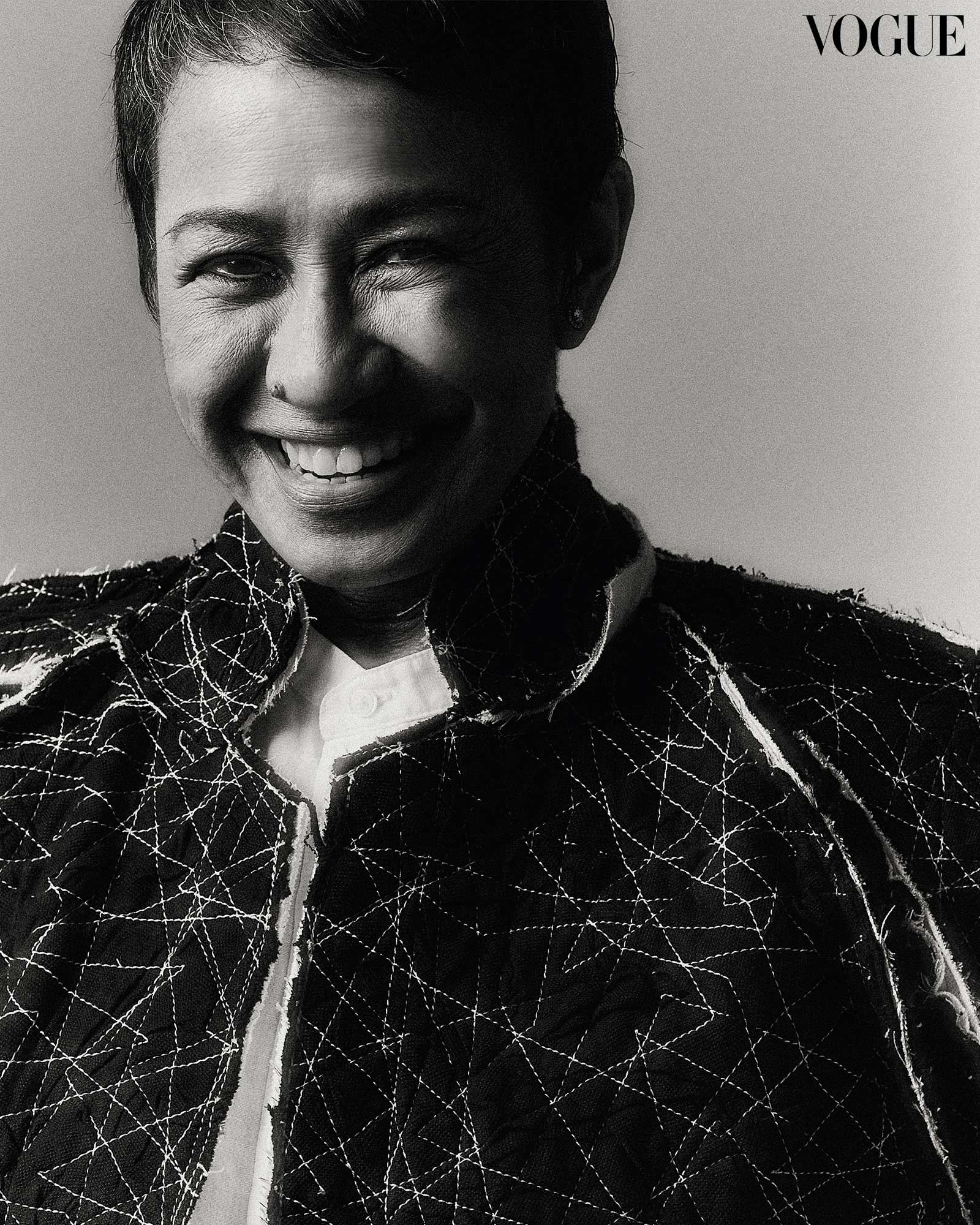
“I learned what lawyers have to go through,” working with Amal, who has represented journalists under threat around the world. “I learned compromises you make or don’t make. And part of the problem is we don’t make these compromises.” She also learned how international law and UN processes work, and realized that the world’s legal structures work very, very slow compared to the pace of tech. “Oh yeah, the other thing… George Clooney, wow.”
Last October, Ressa turned 60. “I feel like I’ve lived a life of no regrets,” she says. The whole Duterte era, in a way, helped define who she is and what Rappler stands for. “You know,” she muses, “the best thing I love about news is that you’re constantly re-evaluating the world around you. That’s why you need to have really strong values. You’re making a call, right? Especially if you’re in the conflict areas where I was at, you make a call for the safety of your team.”
What becomes of Rappler is a portent of the future of democracy in the Philippines and in the world. But Ressa says that Rappler is prepared. They have the tech. “We’re going to know that we did everything we could, and we did,” she says. “And we survived it.”
By AUDREY CARPIO. Photographs by COLIN DANCEL. Fashion Director: PAM QUIÑONES. Beauty Editor: JOYCE OREÑA. Makeup: Zidjian Paul Floro. Hair: Anton Toa. Talent: Maria Ressa. Art Director: Jann Pascua. Producer: Anz Hizon. Production Assistant: Bianca Zaragoza. Lighting Director: Joey Alvero. Stylist’s Assistant: Neil De Guzman. Retouchers: Yel Dela Paz, Jana Codera.
